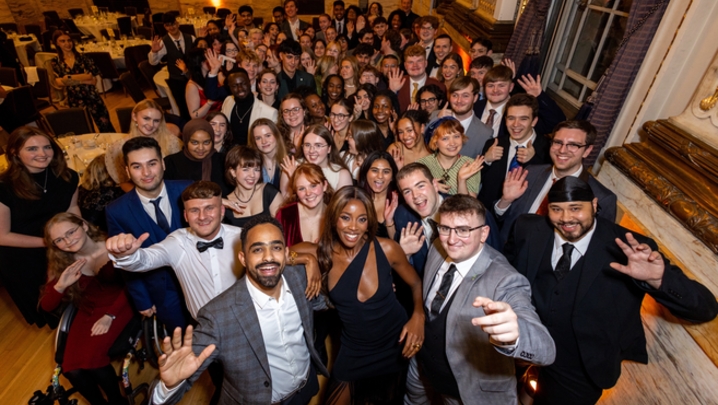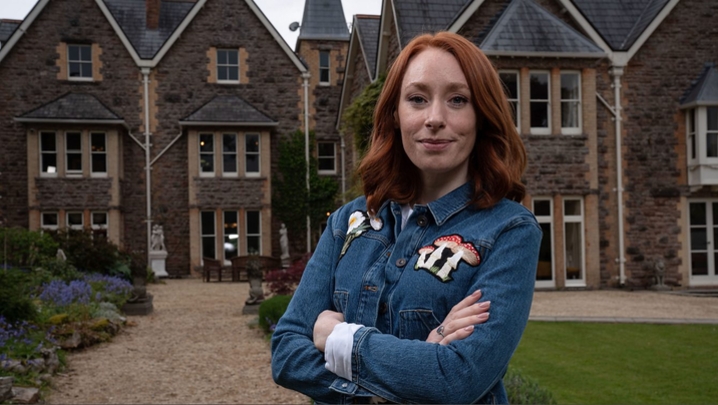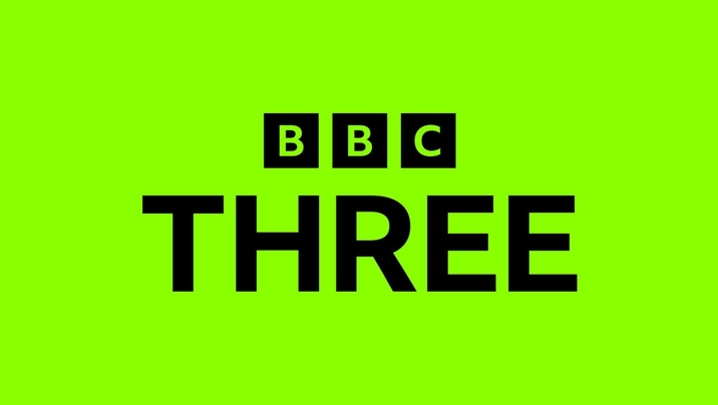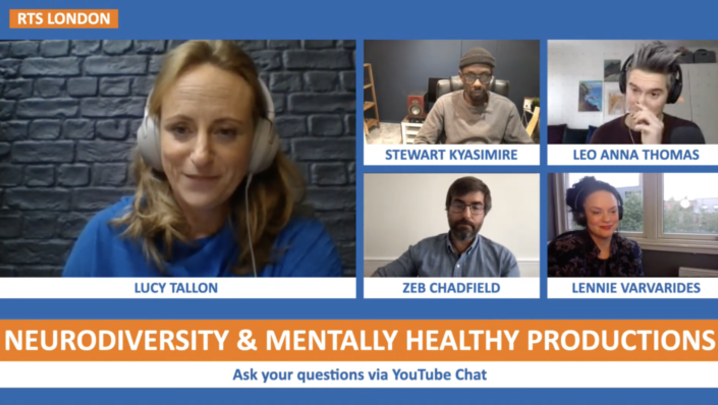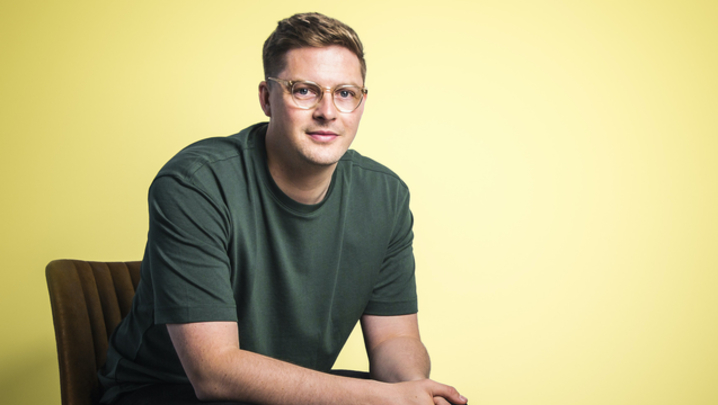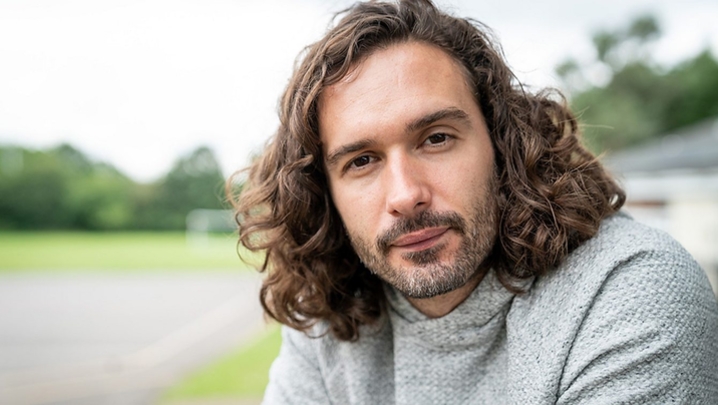Shocking statistics framed an RTS discussion on the effect of the coronavirus lockdown on the mental health of TV workers.
Nearly nine in every 10 people working in the sector have experienced mental health problems, according to research from The Film and TV Charity, which co-hosted the online event in early June.
“That is significantly higher than the UK population as a whole, where the figure is 65%,” said Alex Pumfrey, CEO of the charity. “There is a much higher prevalence of mental health problems for people working within film and television.”
She added: “More than half of people working in the industry have considered taking their own life.”
Asked to describe how they felt treated by the industry, the most common words used by freelancers were “disposable” and “expendable”.
Pumfrey said that “bullying is still incredibly prevalent” within the industry”.
The coronavirus crisis and the suspension of the majority of TV production in March – which put 93% of freelancers in the industry out of work – has exacerbated these problems. “Research done across the UK has shown a huge spike in anxiety and depression around 24 March,” she said.
There has been a huge hit to TV workers’ finances. “Three-quarters of freelancers working within the television sector were unable to access the Government employment and self-employment support schemes,” said Pumfrey. Some 100,000 of the TV and film workforce – out of a total of 180,000 workers – are freelance.
RTS Bursary student Charlie McMorine, who has finished university and is awaiting his results, said the Covid-19 crisis was stressful: “For us, as graduates, we don’t know when we will be able to make our break into the industry.
“We don’t know how to move forward.”
Philippa Childs, head of broadcasting union Bectu, said the charity’s research was “shocking”, but added: “I can’t say I’m surprised by these findings.
“We know that there were real problems prior to Covid-19 and that these problems were only going to be exacerbated.”
“From our research, lots of people have had to rely on loans and borrowing from family; they’ve lost their homes because they simply haven’t had the financial support.”
Lisa Opie, MD of UK production at BBC Studios, found grounds for hope. “What I’ve been really encouraged by is that I’ve seen more collaboration and joined-up thinking across our industry than ever before… on how to return to work safely,” she said.
“We are in an industry that is built on insecurity, with freelances working from project to project,” said Kelly Webb-Lamb, deputy director of programmes at Channel 4. “That, in itself, is a very difficult way to work and has always meant that certain people are better able to access the industry than others.”
The coronavirus crisis, she said, had highlighted these structural problems and brought the industry “together to tackle [them]”.
The “informality of the industry” she added, held some people back because advancement is “so much based on who you know. That informality has gone as a result of this virus because we are all talking to each either like this [via Zoom], and you can’t go for lunch or drinks.
“We can use the [crisis] as a catalyst for change.”
Discussing the return to production, Opie said that while, in the short term, “there might be fewer people involved”, in the longer-term, “the production sector will continue to be vibrant”.
BBC Studios, she said had “paused” 82 productions in March, though had continued working on 28. “Hold the faith – we will return to production, not as fast as I’d like, but we will.”
“The most important thing right now,” said Channel 4’s Webb-Lamb, “is that we need to get back to work. And we need to work out we can make a full range of shows to ensure we get people back to work across the industry.
“The protocols we are using for the shows that go into production or restart production this year will be robust enough to continue whatever happens with the virus, so we don’t end up having to stop everything again.”
Wrapping up the online event, Alex Pumfrey highlighted the business case for looking after people’s mental health, quoting recent research from Deloitte: “There is a £5 return for every £1 you invest in mental health.
“[TV] budgets will be constrained, but that cannot be at the expense of the welfare of our people. In fact, that should be at the top of the list.”
‘Are you staying safe and well?’ was hosted by the RTS and The Film and TV Charity on 9 June. Paul Robinson, director of the consultancy Creative Media Partners, chaired the online event, which was produced by Terry Marsh and Jonathan Simon. A full report will appear in the July issue of Television.


